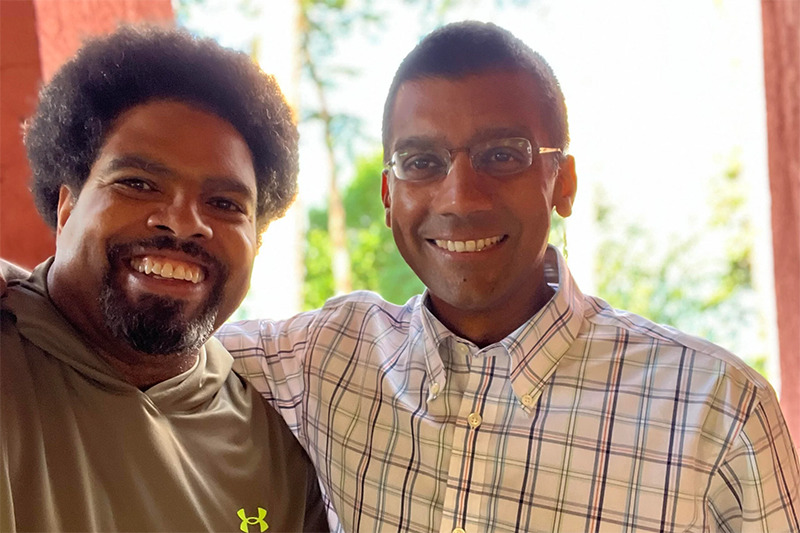
Time to end secret data laboratories—starting with the CDC
The American people are waking up to the fact that too many public health leaders have not always been straight with them. Despite housing treasure…
Thought Leader: Marty Makary
This is the latest episode of Chasing Life with Dr. Sanjay Gupta.
Conspiracy theories can take many forms, from misgivings about the first moon landing to false claims that the 2020 election was stolen. These kinds of beliefs are nothing new, but social media has helped make many of them more mainstream. As anyone who’s tried to reason with a conspiracy theorist knows, it’s hard to debunk such deeply held beliefs – and arguing with a loved one about them can be emotionally taxing. What if an AI chatbot could help? A recent study, published in Science, asked that very question — and the results were surprising. Thomas Costello, an assistant professor of psychology at American University and co-author of the study, breaks down the findings.
Time to end secret data laboratories—starting with the CDC
The American people are waking up to the fact that too many public health leaders have not always been straight with them. Despite housing treasure…
Thought Leader: Marty Makary
Sanjay Gupta: Can Safety and Excitement Coexist in the NFL
This is the episode of Chasing Life with Dr. Sanjay Gupta. ‘One of the most dangerous plays in football, the kickoff, is getting a makeover…
Thought Leader: Sanjay Gupta
A Meeting of the Minds at Bellagio Spurs a Convening and a Movement
A Bellagio residency leads to a Bellagio convening and a project to alter the U.S. economic system in favor of better health Two Bellagio Center…
Thought Leader: Dave Chokshi

